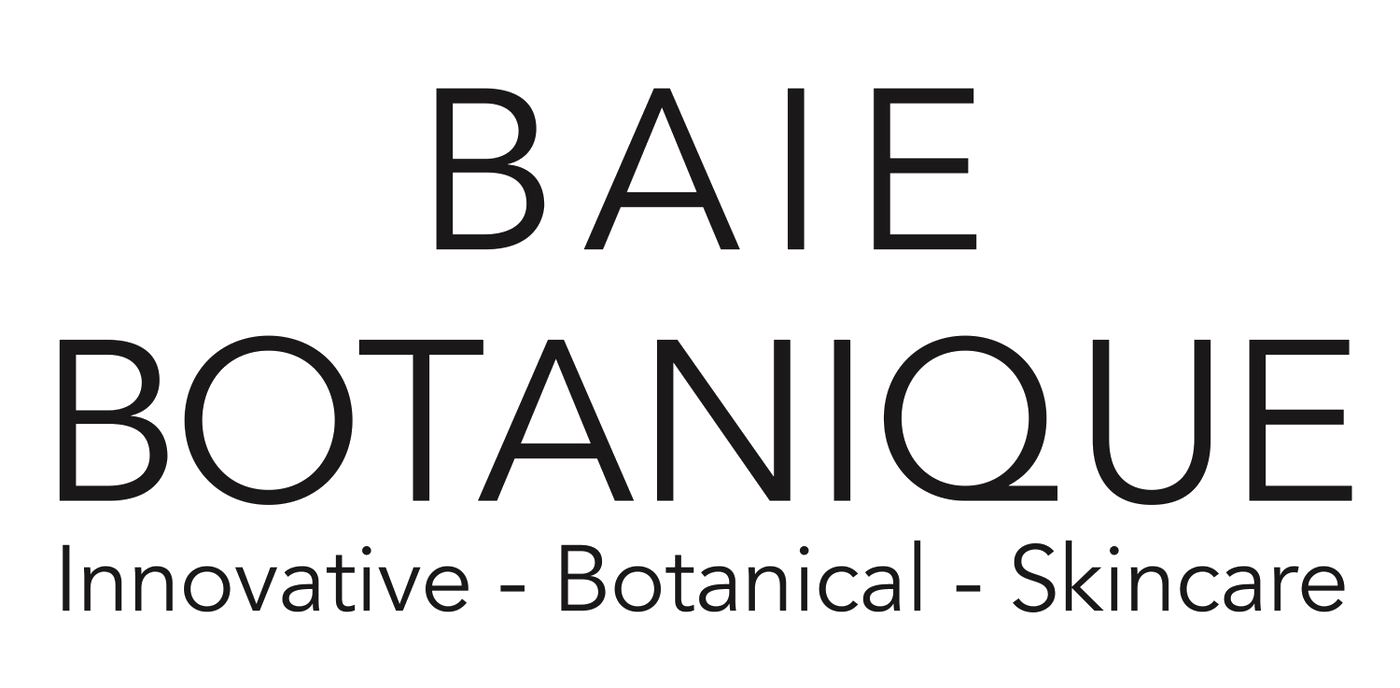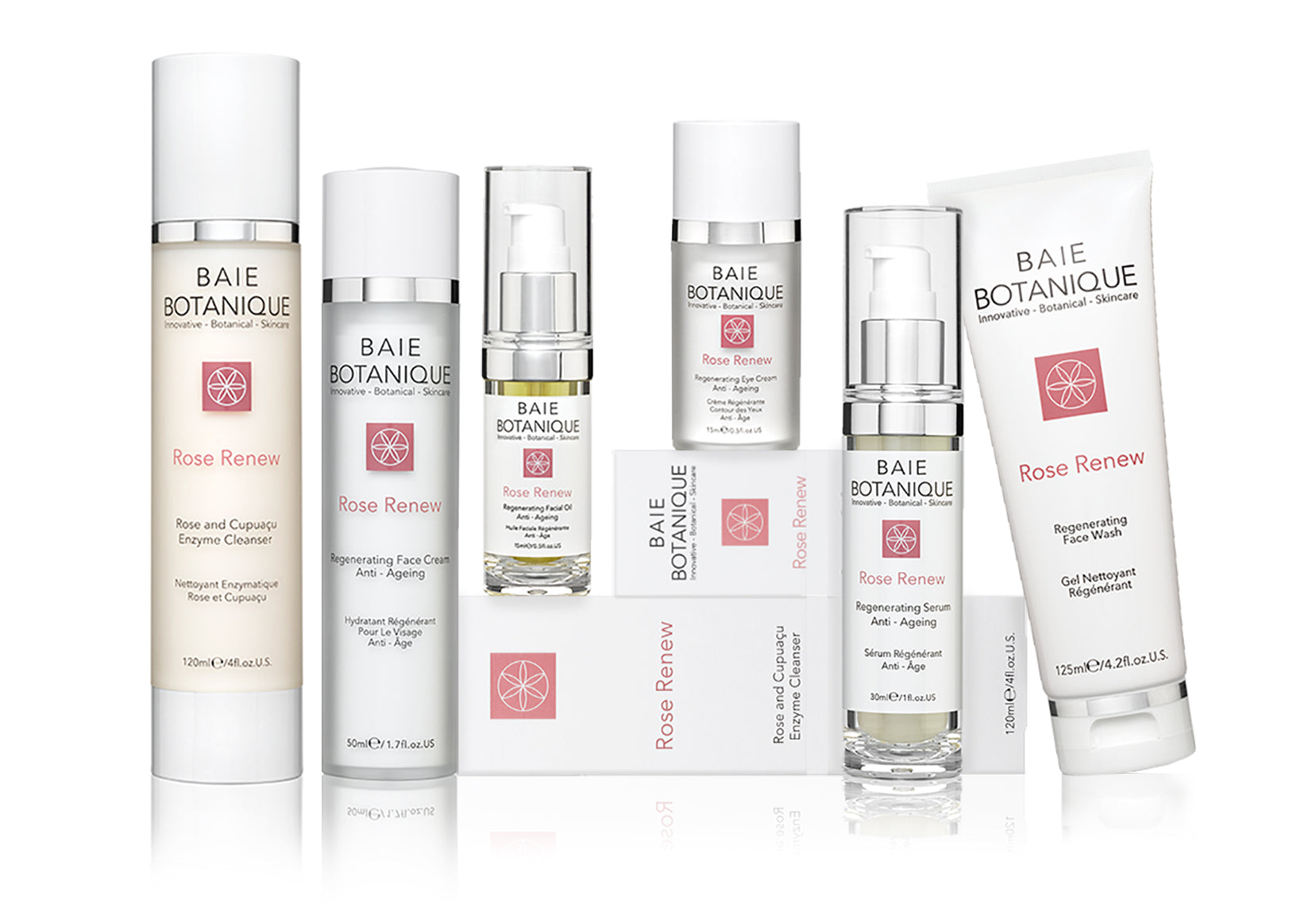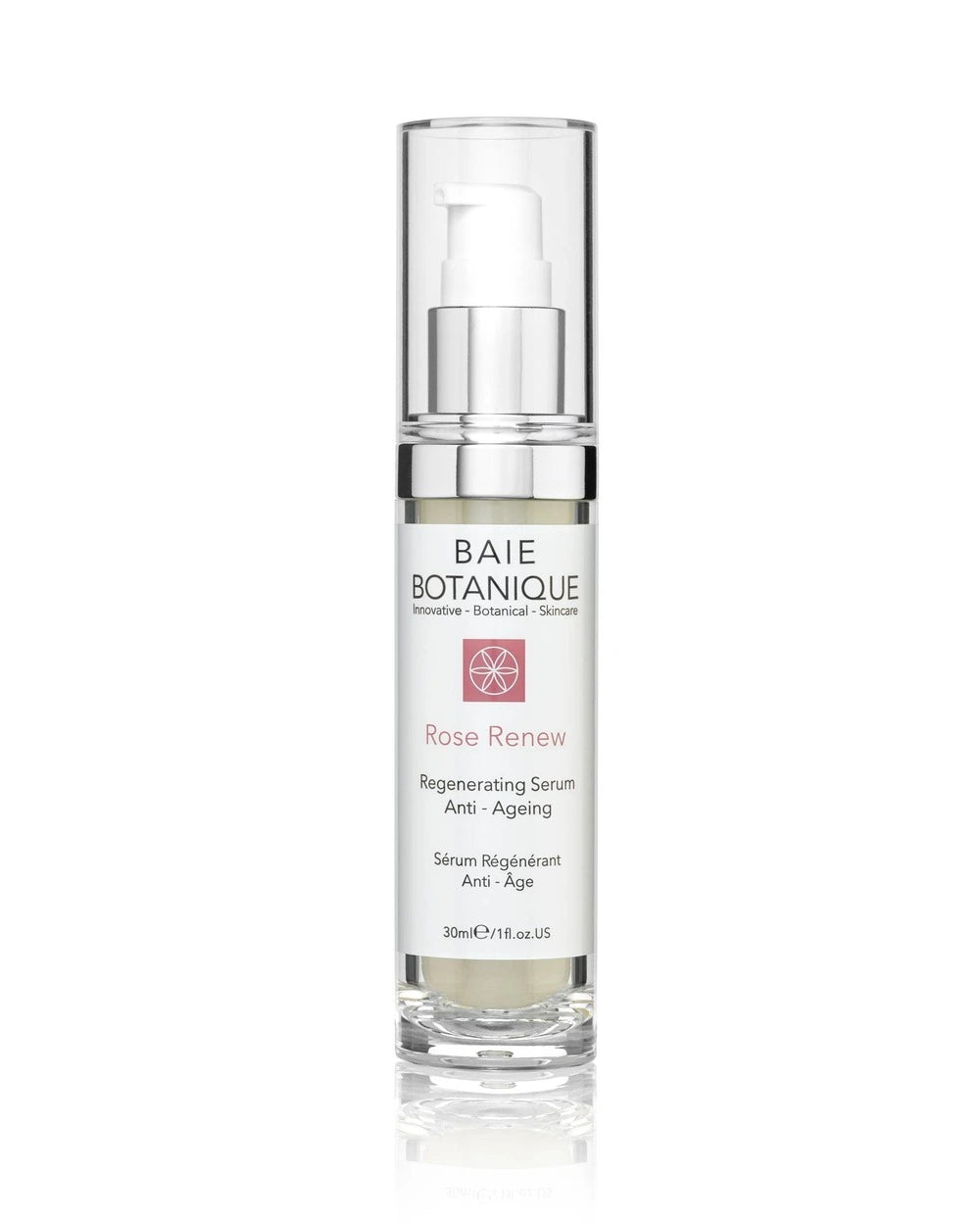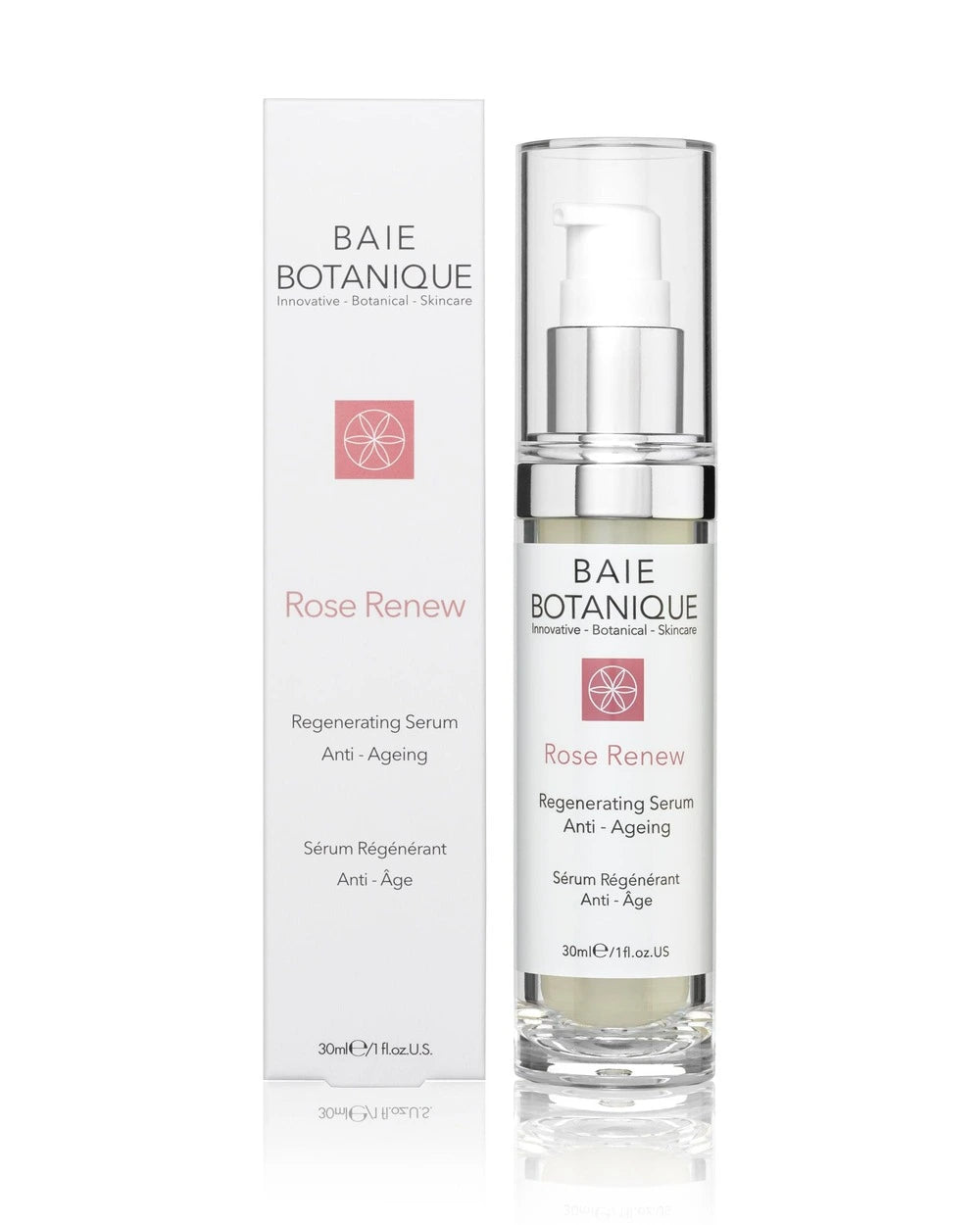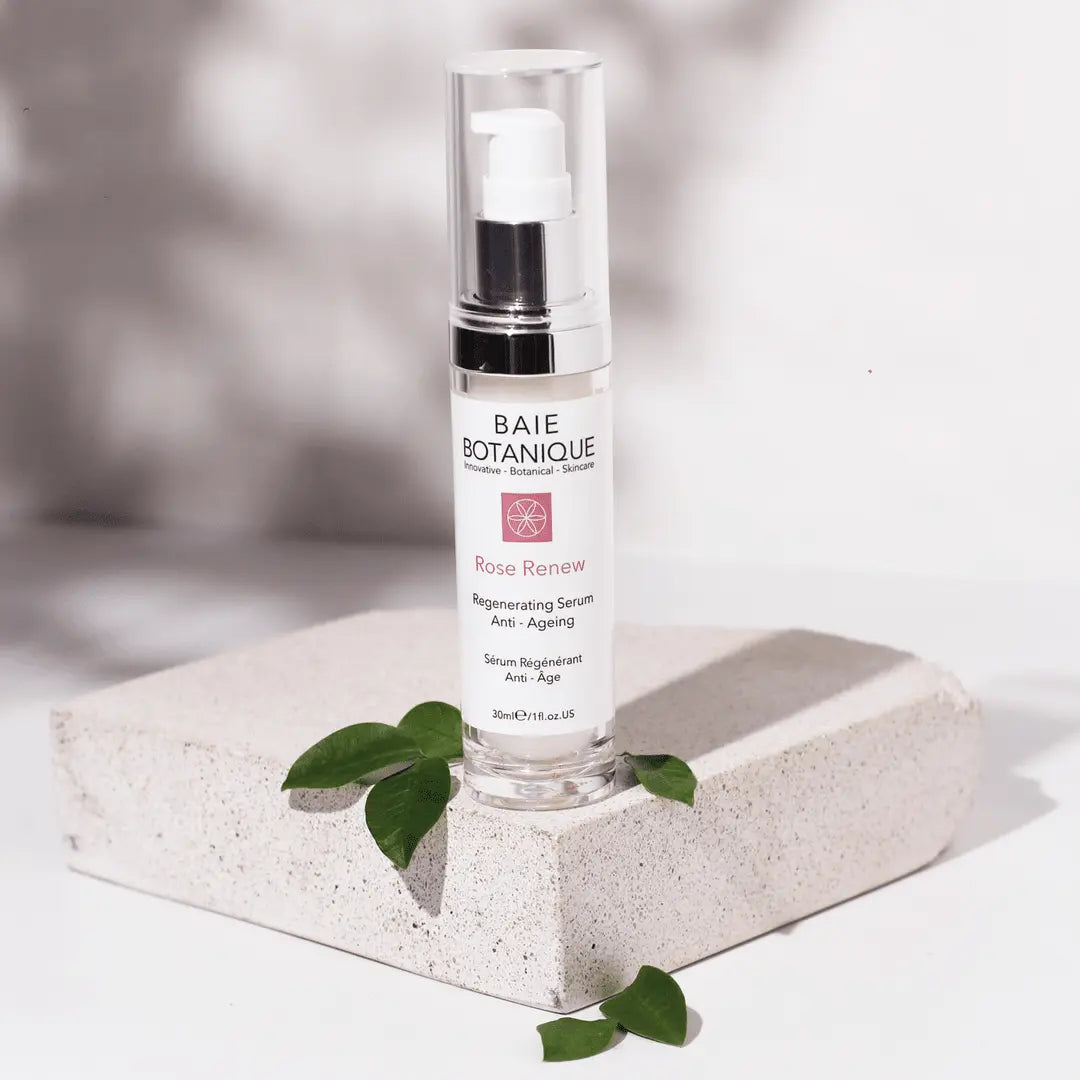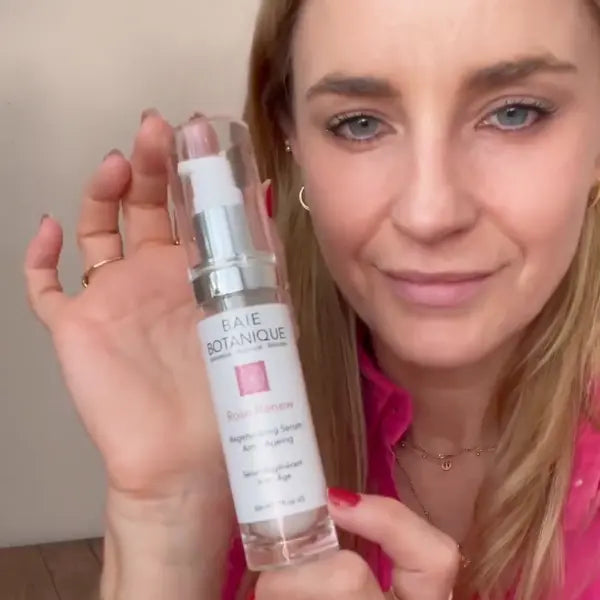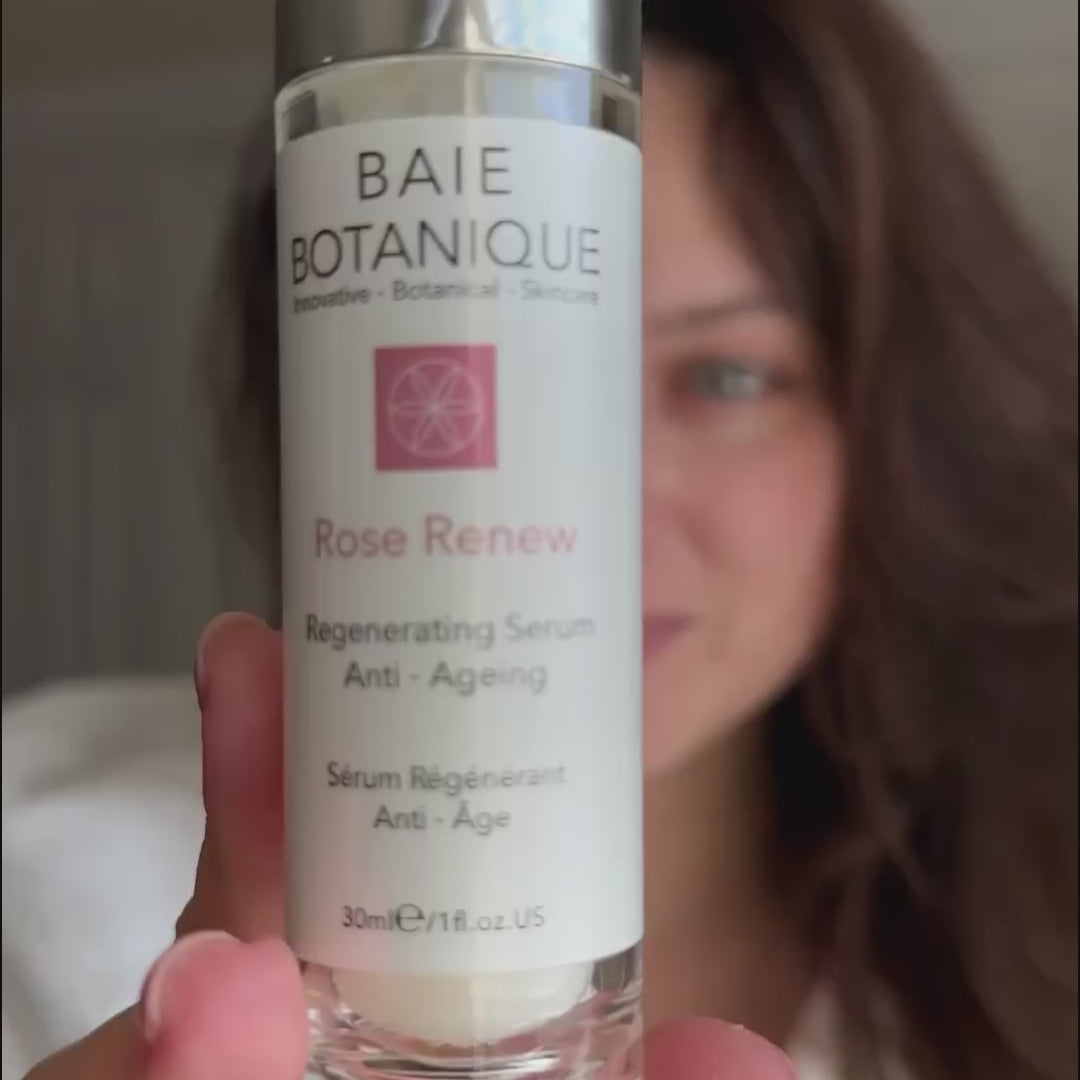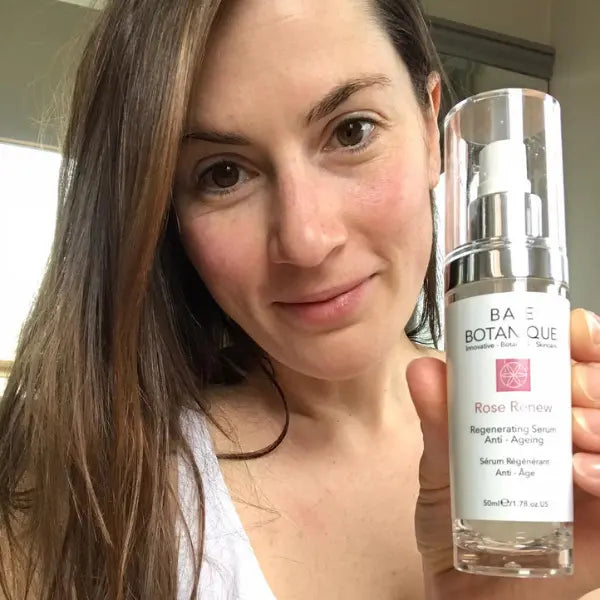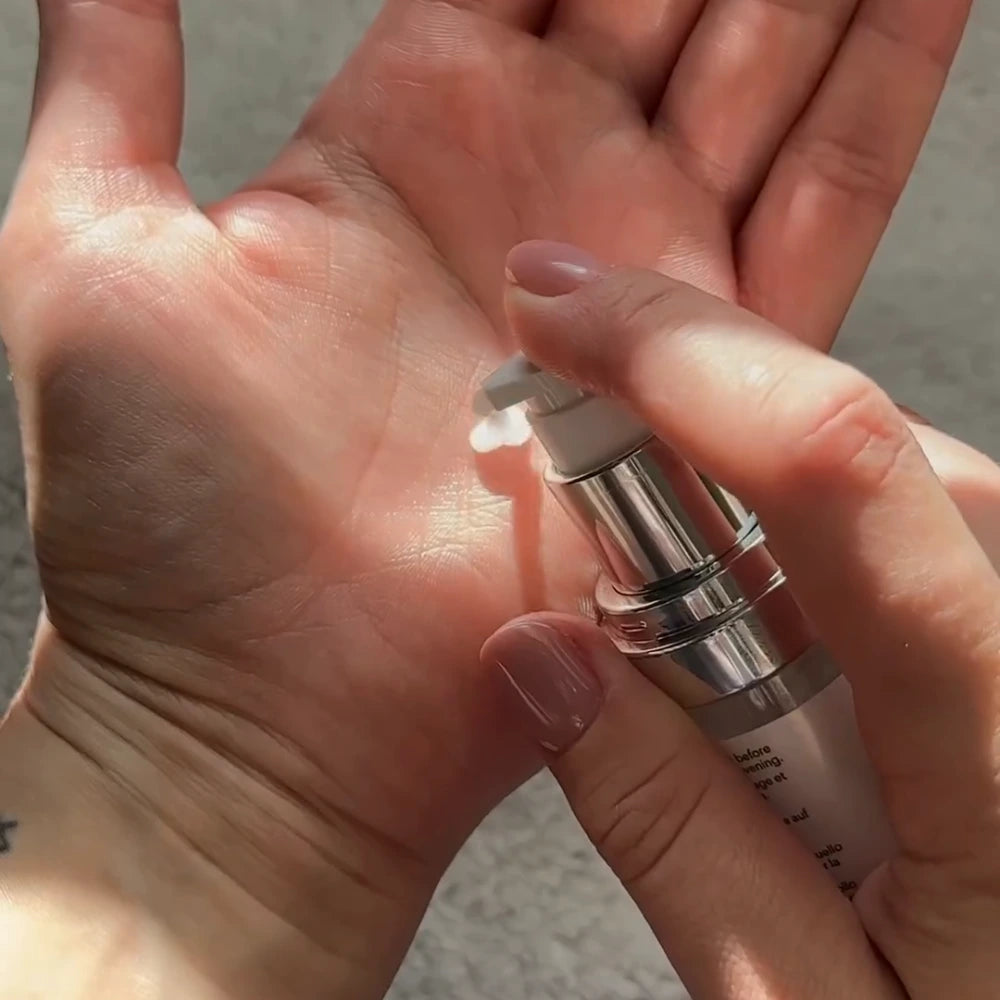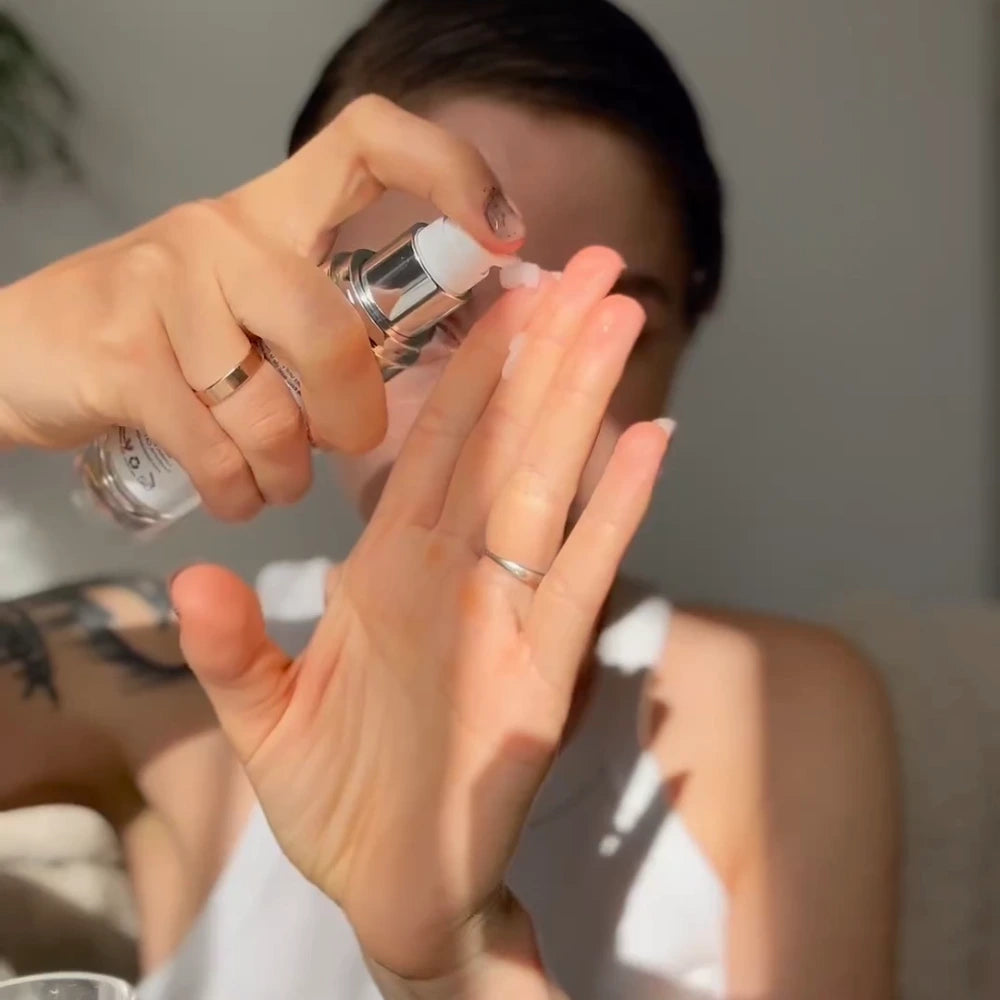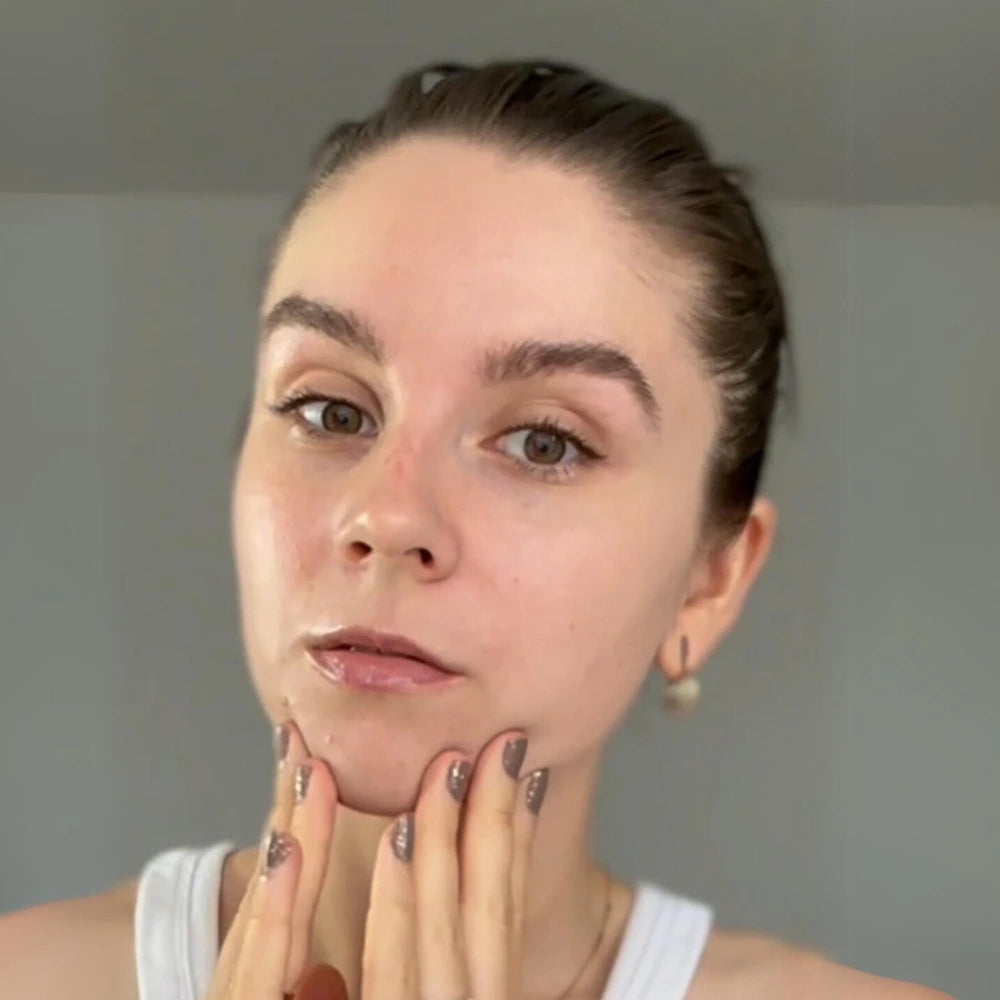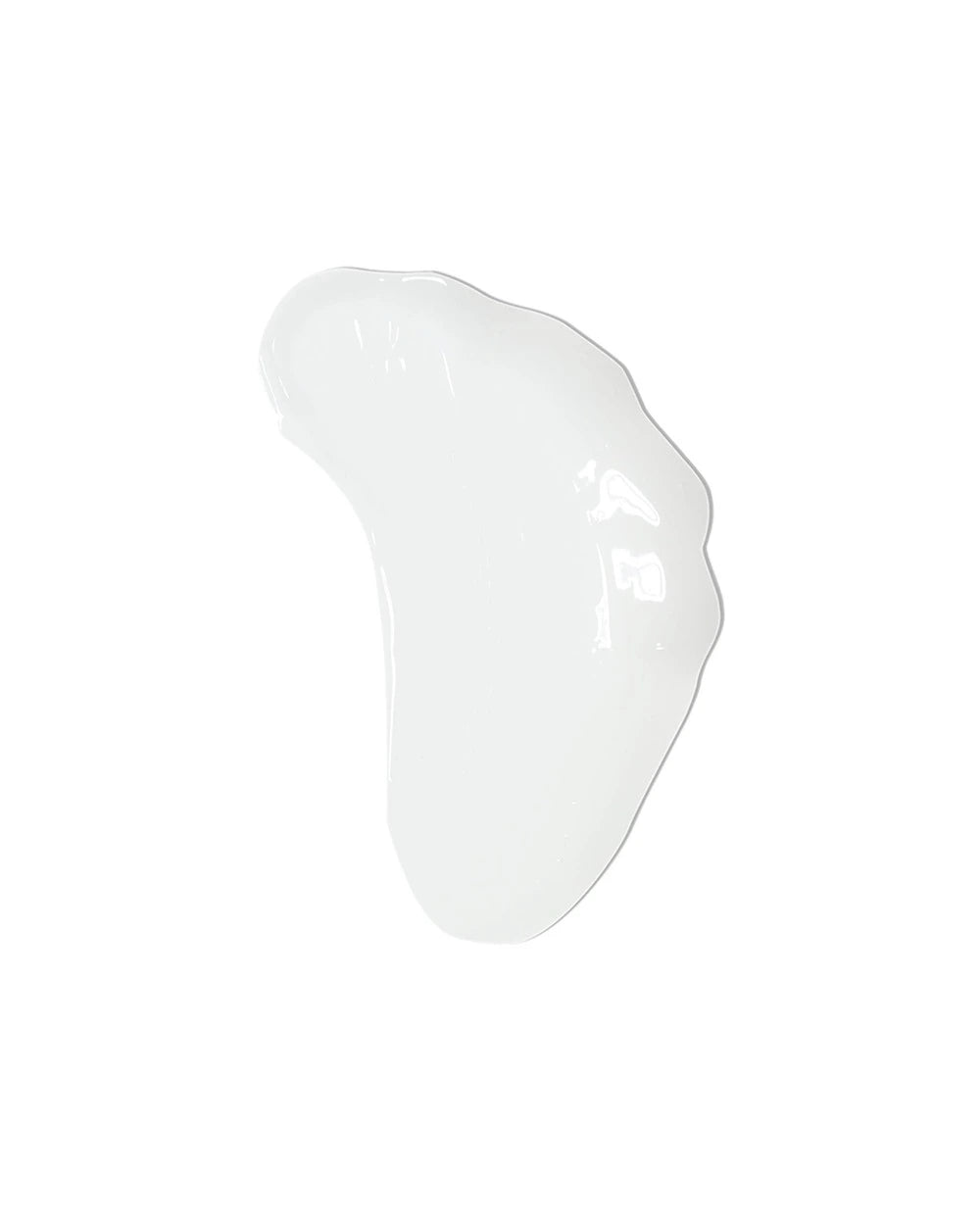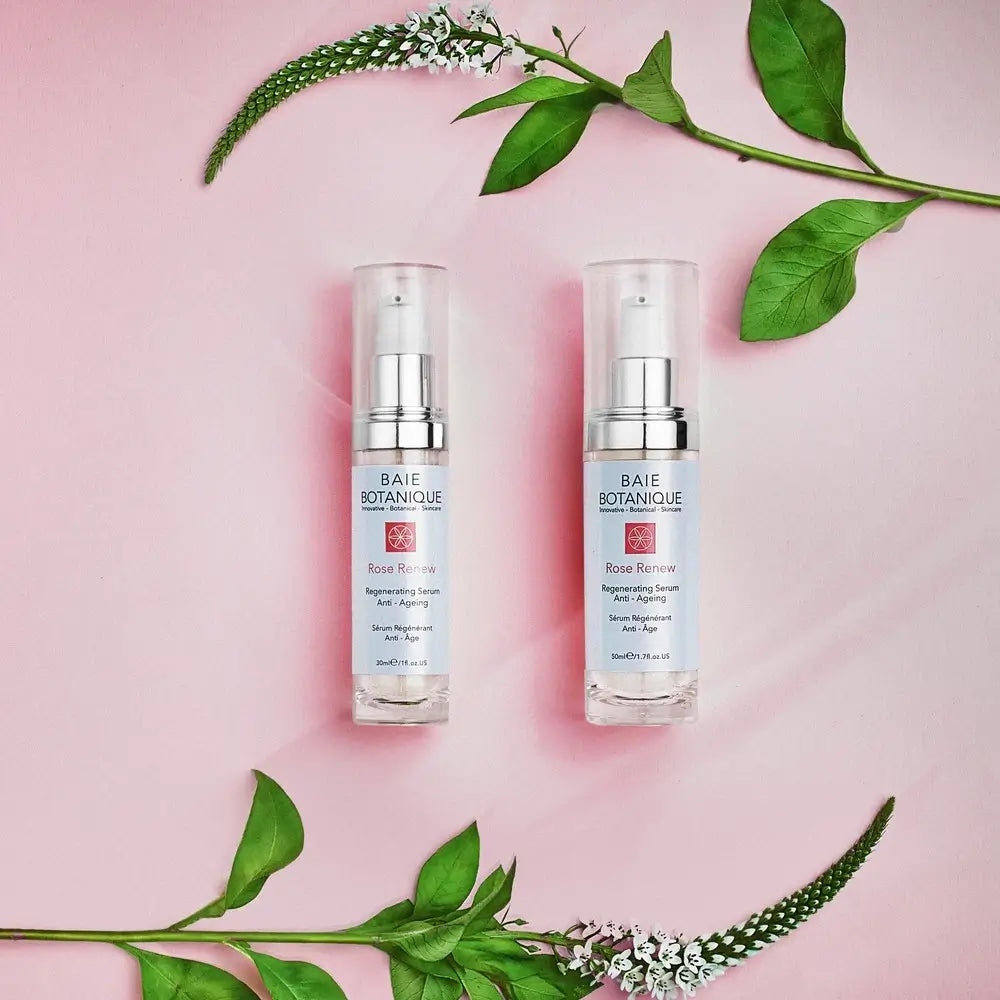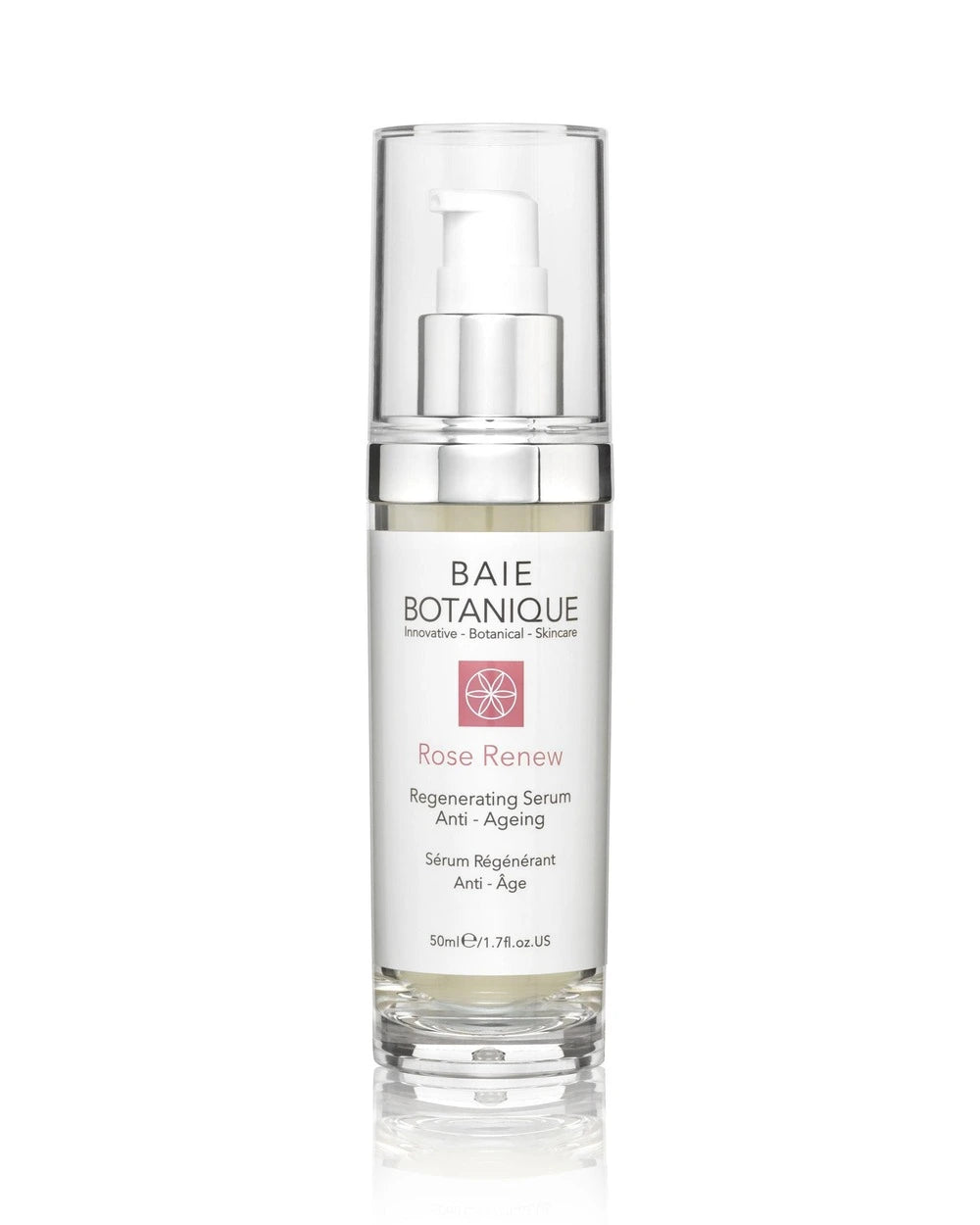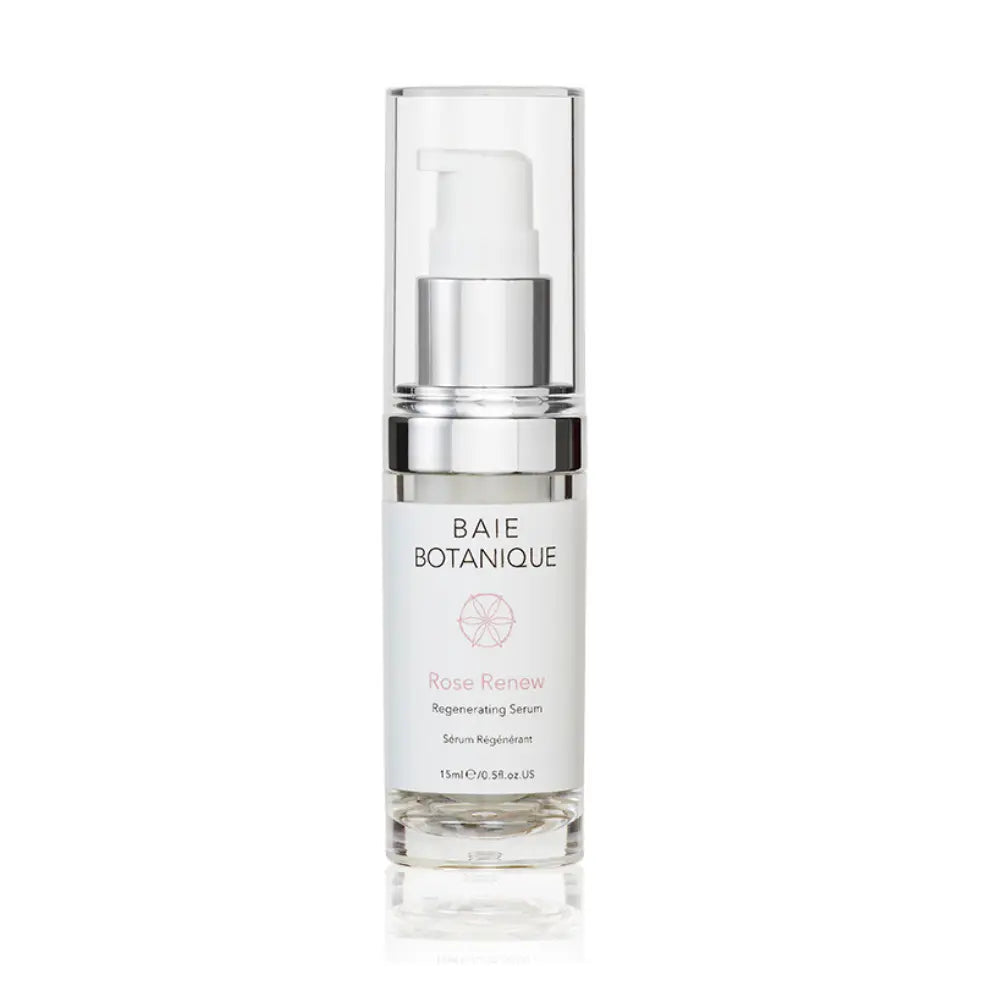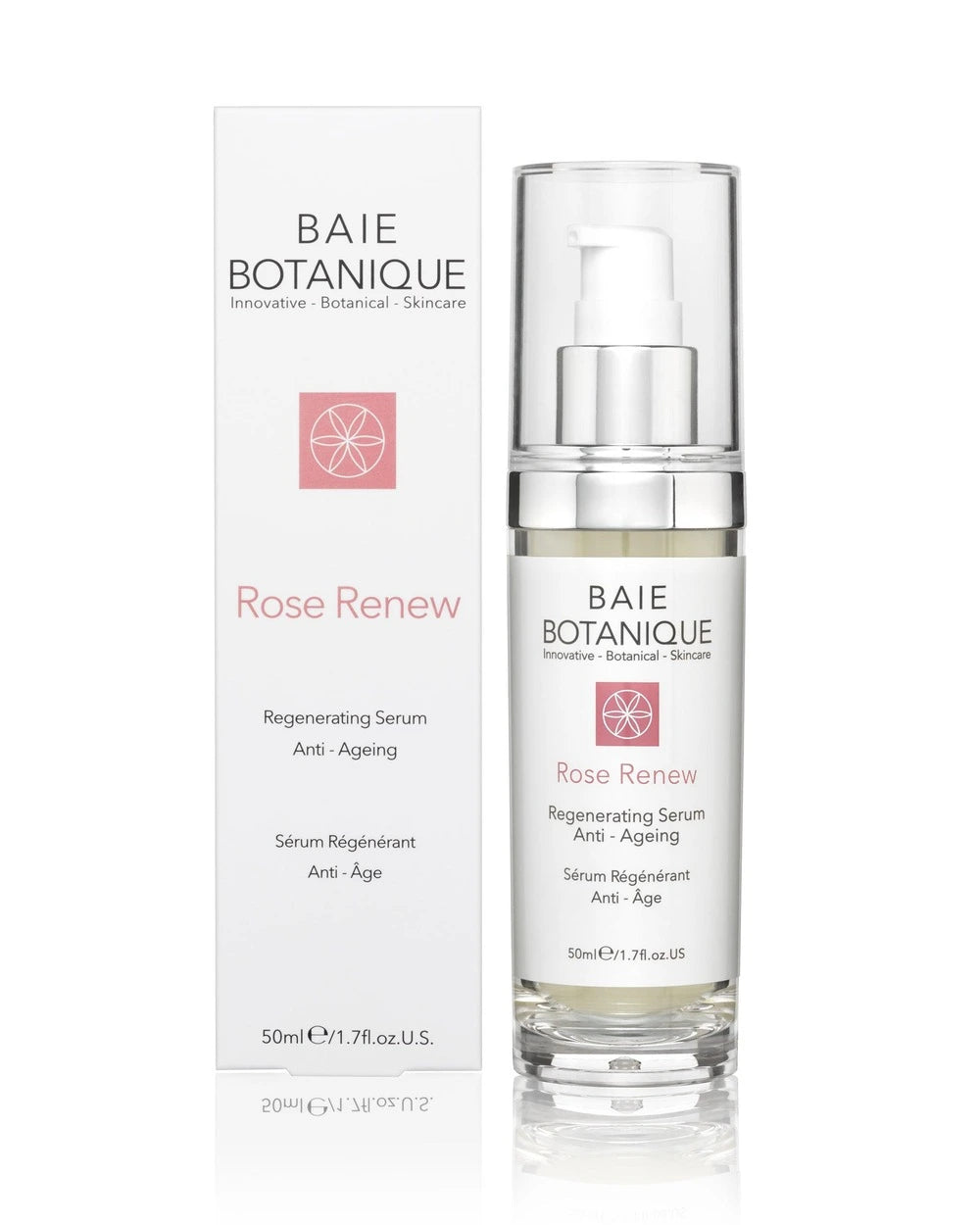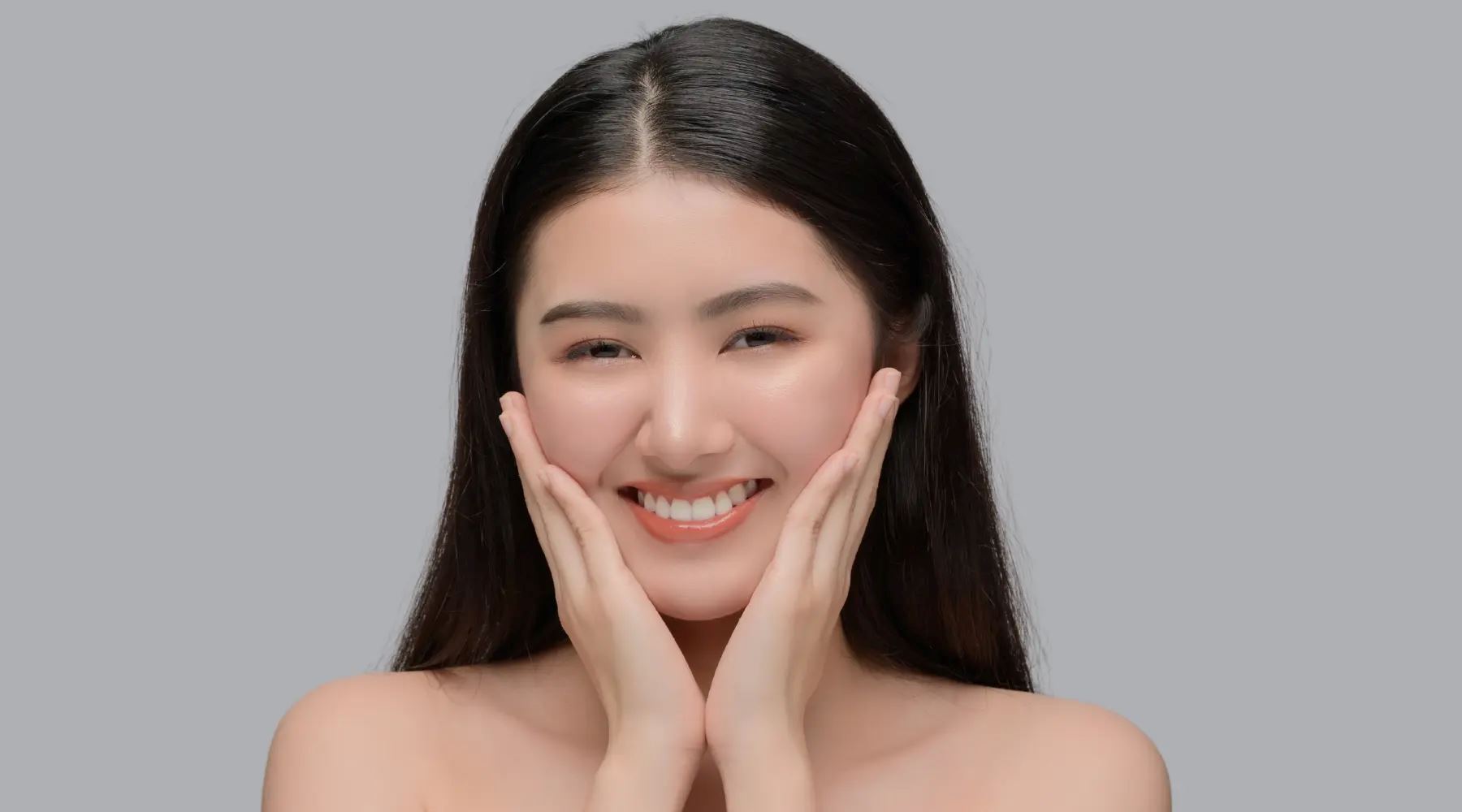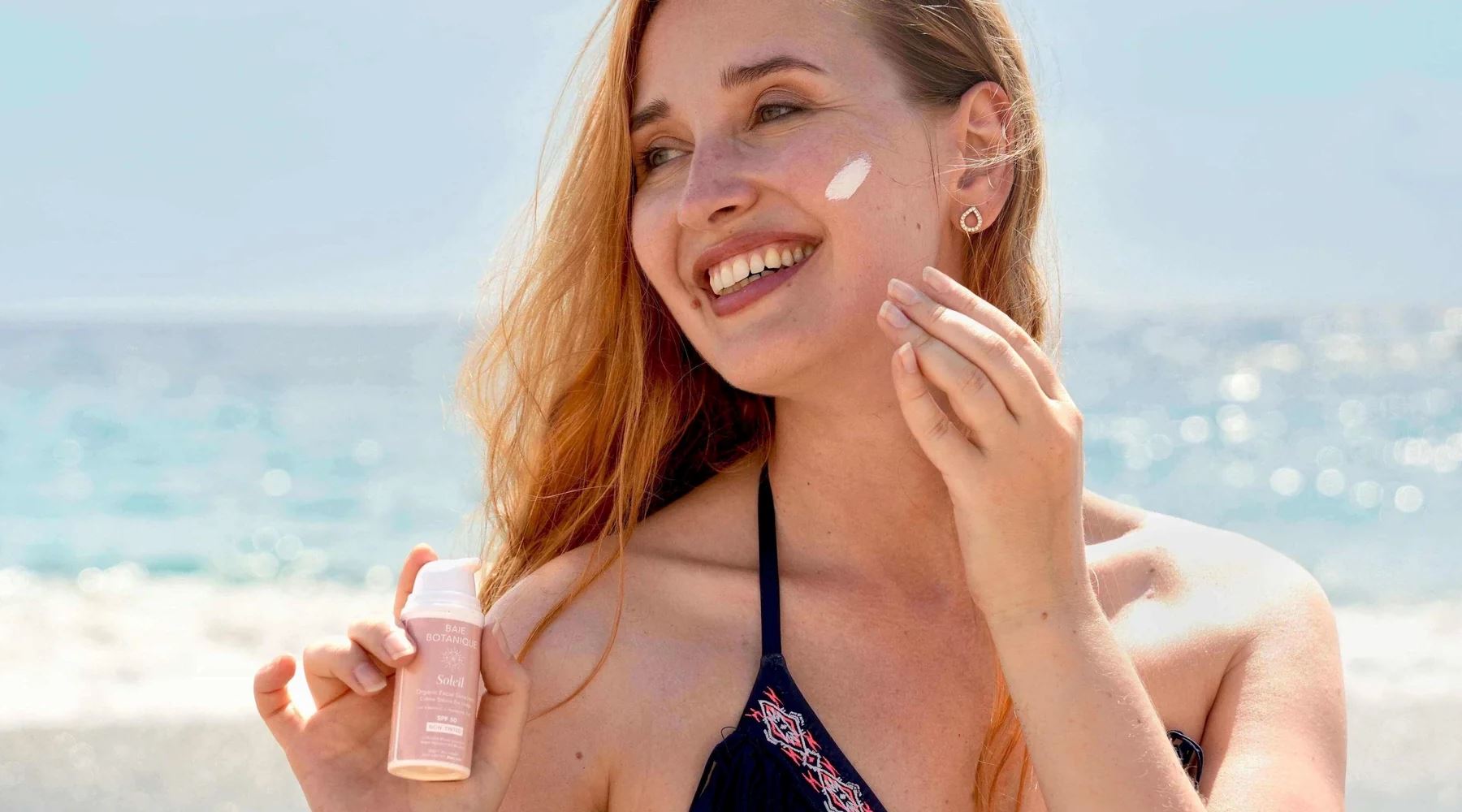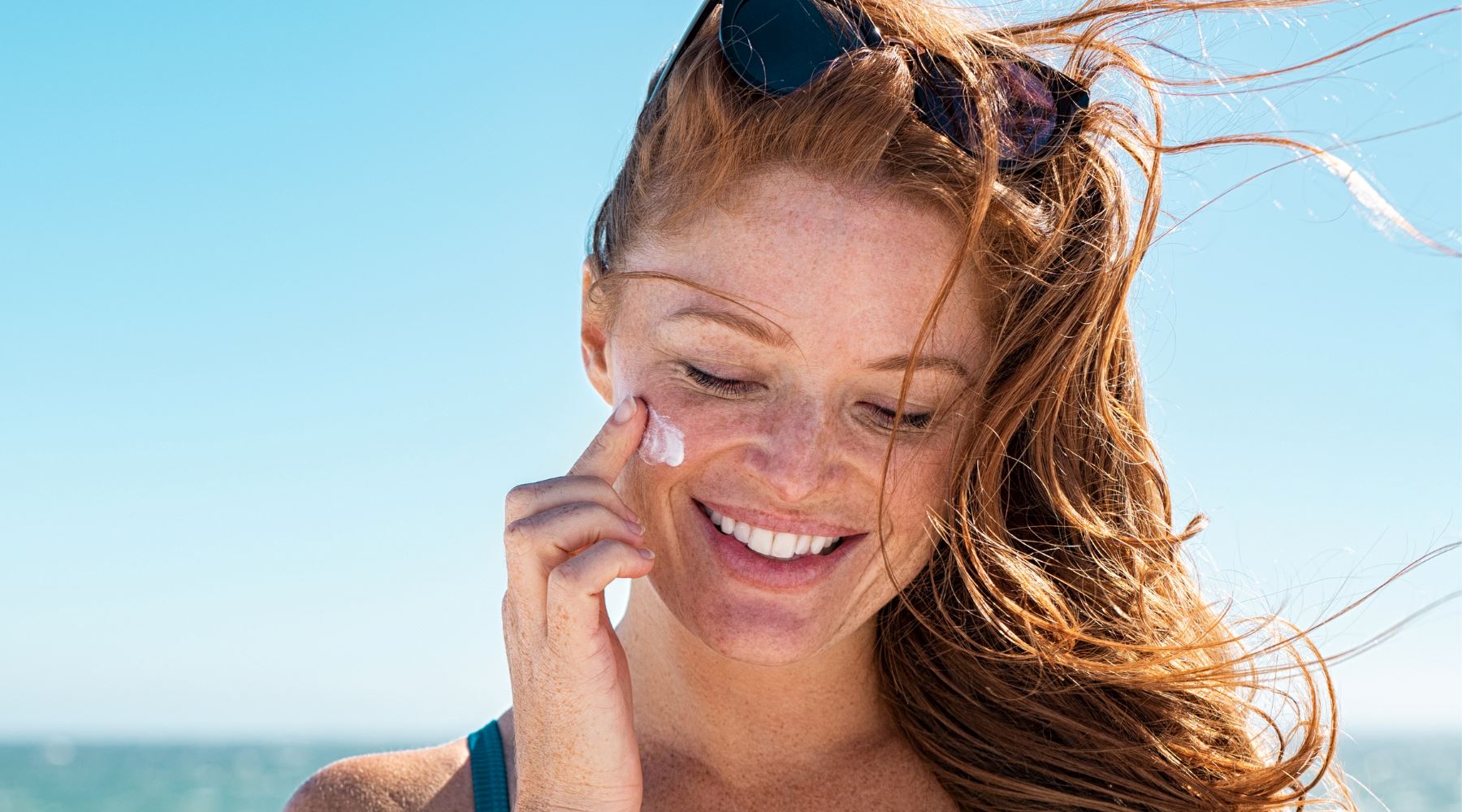
Is Sunscreen Really Protecting Our Skin? - The Science Behind Sunscreens for Face and Body - Baie Botanique Soleil
We all know the importance of protecting our skin from the sun's harmful rays, especially as we embrace outdoor adventures and sunny days.
But have you ever stopped to consider the ingredients lurking within your favorite sunscreen? In this eye-opening video, Sophie sheds light on the risks associated with this particular ingredient and provides valuable tips on how to make safer choices when it comes to sun protection. We want to ensure that you have all the knowledge necessary to safeguard your skin and overall well-being.
In This Episode
[00:35] Find out the sunscreen ingredients that are harmful to your health
[01:10] The hormonal & endocrine system disruptor
[02:41] The Alternative Ingredients
[02:55] Introducing Baie Botanique's First Range of Mineral Sunscreens
Sunscreen is a daily necessity for protecting our bodies from harmful sun rays. Companies must prioritize thorough testing of sunscreen ingredients to ensure both short-term and long-term health safety. This includes evaluating toxicity, skin absorption, potential cancer-causing effects, hormone disruption, and reproductive harm.
In 2021, the FDA proposed updated regulations for sunscreen safety. Only zinc oxide and titanium dioxide were classified as safe and effective based on available information. However, twelve other ingredients, including avobenzone, cinoxate, dioxybenzone, and octocrylene, lacked sufficient data to be considered safe.

The FDA requested additional safety data for these ingredients due to concerns about their potential absorption through the skin. Recent studies have also raised concerns about the endocrine-disrupting effects of homosalate, avobenzone, and oxybenzone.
The European Commission also expressed safety concerns about oxybenzone and homosalate, proposing lower concentration limits than those allowed in the United States. U.S. sunscreen manufacturers are legally permitted to use higher concentrations of these chemicals, which often exceed the recommended limits set by the European Commission.
Research conducted by the FDA reveals that ingredients like oxybenzone, octinoxate, and avobenzone are absorbed by the body after a single use. These ingredients can remain detectable on the skin and in the bloodstream for weeks.
In summary, thorough testing and regulation of sunscreen ingredients are crucial to ensure consumer safety. Awareness of the potential risks associated with certain ingredients allows individuals to make informed choices about the sunscreen products they use.
Organic and Inorganic Compounds Found in Sunscreen
Differentiating between organic and inorganic compounds or molecules found in sunscreens in the form of Sun (UV) filters is far from what it seems, but fret not; we're help to help you understand the difference, ensuring you choose what’s best for your skin and lifestyle.
Natural sunscreens are synonymous with Mineral UV filters and incorporate minerals like zinc or titanium, which are naturally occurring substances. In Natural sunscreen these sun filters are typically combined with organic ingredients sourced from plants, such as botanical oils and plant extracts to enrich the product.
Here is where it gets a bit confusing if you look up a synthetic sun (UV) filter by name take Avenobenzone for example searching on the internet you’ll see it will show up as “an organic molecule or compound” however this is still most definitely a chemical/synthetic ingredient manufactured in a lab and not from nature.
Conversely, a natural sun filter, such as zinc oxide will come up on a search online as an “inorganic compound’ making it sound like it might not be natural or naturally occurring which in fact it is.
It is essential to be as informed as possible when selecting your sunscreen especially if you are looking to avoid synthetic ingredients.
It’s advisable to pick products that are in line with your lifestyle, age, and skin sensitivities to ensure that your suncare protection is the right choice for you.
Pick The Safest Sunscreen For Your Face and Body
Experience the ultimate in sun care with Baie Soleil, developed to be the purest, and most natural, luxurious organic sunscreen.
Our carefully crafted formula is free from harmful ingredients, ensuring effective and safe protection for your skin. Indulge in the purest and most luxurious organic sunscreen that not only shields you from the sun but also nourishes your skin and preserves the marine environment.
Shop for Baie Soleil on our website today and embrace a healthier approach to sun care.
#benefitsofsunscreen #titaniumdioxideskincare #benefitsofwearingsunscreenonfaceeveryday #importanceofsunscreen #differencebetweenmineralandchemicalsunscreen #useofsunscreen #differencebetweenphysicalandchemicalsunscreen #sunscreenbadforyou #sunsafetytips #spfingredients #sunscreengoodforskin #sunscreenguide #sunscreenhowtouse #stayingsafeinthesun #skinsafety #sunscreencausescancerlist #sunscreentoxicity #oxybenzone
